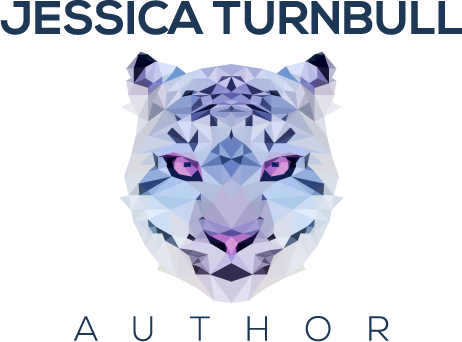Hi all!
This week I'll be talking about cover designers. Whether you are self publishing or traditional publishing, you will work with a cover designer for your book. Although traditional authors won't have as much say in the process like self publishing authors do.
Unless you are a great artist or master of Photoshop, I would highly recommend hiring someone to do your cover instead of doing it yourself. It may be costly, but you've got to remember: your cover is the first thing potential readers see. As much as we like to think people don't judge books on their covers, they do. So you want to make this first impression as a good as possible to convince them to buy.
Research covers in your genre.
Make sure your book cover fits in with your genre. Don't stick a topless man on the cover if you're writing historical fiction, it doesn't really work.
Specify your colour scheme.
If you want specific colours on the cover, tell your designer. If they think the colours won't work or don't fit, they'll suggest others to use.
Don't have your name bigger than the title.
Unless you're an award winning multi-million selling author, don't have your name be the biggest text on the cover. That should be reserved for your title.
Pick a font people can read.
Although fancy swirly fonts look nice, they're a pain to try to decipher. Pick a readable font with a nice flair.
Specify the dimensions of your cover.
If you're having your book available in print this is very important, as there are different sizes depending on book size and length.
If you want an art cover, research carefully.
There are loads of artists out there to hire who can draw specific scenes, landmarks and creatures from your book. Just make sure you look around, look through their previous work and reviews and check their prices.
Specify what you don't like as well as what you do like.
This will help the designer know what to not add to your cover.
Book in advance.
Covers can be a lengthy process, make sure you book one with plenty of time before your launch date. If you have a series of books that need covers, book them all at the same time to be done on different dates.
Don't share any of the designers work before the final cover.
Unless you have their permission, it is for your eyes only. Don't post any sketches or designs before the final design has been sent.
Send them a synopsis.
Let them know what your book is about, the characters and their goals. It will help them understand what needs to go on the cover.
Listen to your designer.
Nine times out of ten they will know what's best for your cover. Don't immediately ignore them if you don't agree with their vision of your cover.
Research carefully.
There are so many cover designers out there. Shop around before picking one or ask published authors for recommendations.
That's it for this post! See you next week!
